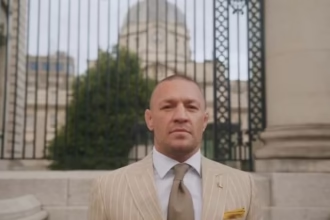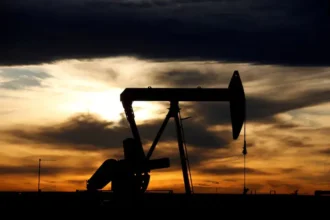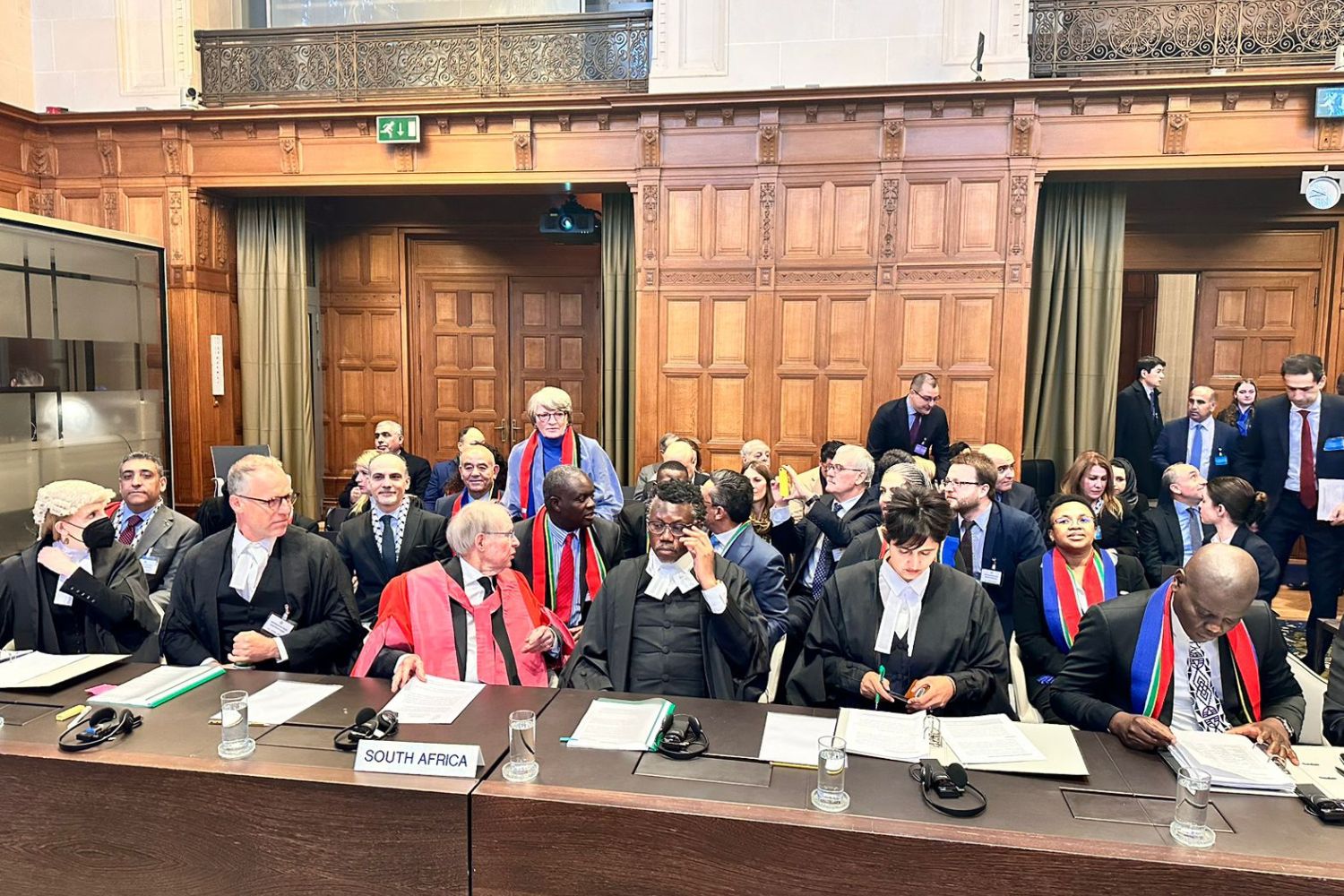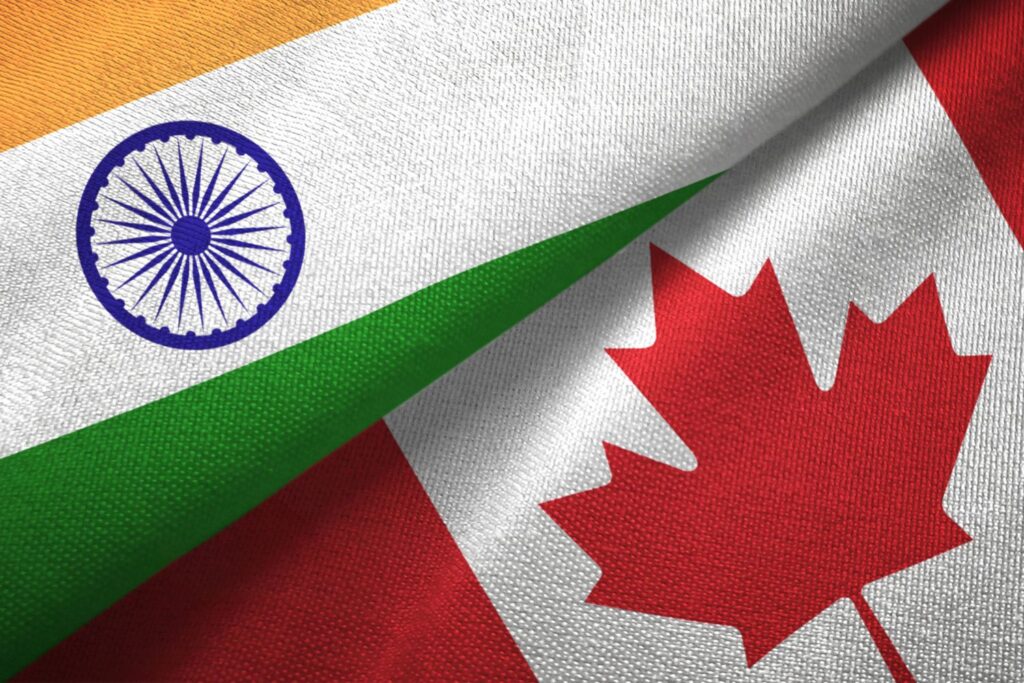Carlos Lopes, University of Cape Town
The annual meetings of the World Bank and International Monetary Fund (IMF) are due to take place in Marrakech, Morocco, in mid-October. The city and country are still reeling from a devastating earthquake in early September.
Hosting these meetings on the African continent for the first time in half a century under such circumstances carries immense symbolism, serving as a demonstration of resilience.
The two institutions are increasingly facing questions about their relevance in addressing current global challenges. One of their responses has been to commit to playing a more prominent role in the global climate response.
The call for reform of the IMF and World Bank is particularly urgent for Africa, where countries require increased access to public and private financing and debt relief. A transformed financial system is essential to support sustained growth that benefits everyone, and that bolsters climate resilience.
Unfortunately, many sources of finance, including those from the World Bank and IMF, don’t adequately cater for African nations’ specific needs.
To be effective, financial support for Africa must have several qualities: affordability, dependability, adequacy and sensitivity to the continent’s climate vulnerability. It must also be adaptable to address the persistent debt crises and liquidity challenges facing numerous African countries.
Several policy proposals have been put forward, some from African countries themselves. Some are set out in a recent report which I was involved with by the African Climate Foundation on reforming the global financial architecture.
The African Consultative Group and the African Caucus within the IMF and World Bank are voicing significant expectations about the outcomes from Marrakech. This reflects cautious optimism among Africans, grown weary of unfulfilled promises over the years.
The decisions made in Marrakech will be a litmus test of the willingness of the IMF and World Bank to reform.
Africa is unfairly treated
The African continent boasts promising opportunities for clean energy and is rich in mineral resources essential for the ecological transition. Yet funding often bypasses it, or focuses on exports rather than local economic transformation.
Imposing a uniform policy approach on African countries has only worsened crises, limiting their policy space. For instance, Africa is meant to go through lengthy and strict processes to justify why it needs resources to support certain green projects. This adherence to specific orthodox macroeconomic principles is less strict when applied to wealthier countries. But it’s inflexible for vulnerable African countries.
The African Climate Foundation’s recent report identified numerous flaws in funding, as well as the reasons why Africa suffers more than most to access liquidity. We found that:
- Much of the financing is directed towards mitigation efforts, such as increasing area of forests. There’s little attention to adaptation, which is a priority for the continent. Mitigation tends to be more profitable for financiers and lenders.
- Rating agencies’ behaviour has elevated interest rates for African countries. This has forced most countries to substantiate their funding needs beyond reason, despite having the lowest default rates on infrastructure project debt worldwide.
- Flows are being hindered by restrictive terms, commercialisation of climate finance, high interest rates, unmet climate finance commitments, unethical and speculative carbon markets, declining overseas development assistance and labelling of the same money as “climate finance”.
ALSO WATCH: BRICS Infrastructure Investment Symposium: South Africa lags in reaching 2030 development goals
The reform agenda
African countries have been actively engaged in the reform agenda. For example, the declaration from the African Climate Summit in Nairobi set out to reshape the approach to climate investment on the continent and consolidate a unified African stance on climate finance on the road to COP28.
Several other proposals are also under consideration. These include:
- a comprehensive overhaul of the IMF’s quota system, with the potential inclusion of a third chair dedicated to Africa. IMF quotas reflects a country’s relative size in the global economy. They are used to determine the fund’s financial and governance structure.
- a revaluation of the use of Special Drawing Rights (SDRs). SDRs are used by IMF member countries as part of their foreign exchange reserves. Given Africa’s marginal share, stakeholders are demanding that the IMF reallocate US$100 billion to ease liquidity pressures post COVID-19.
- a critical examination of the current debt framework, which doesn’t align the goal of adapting to climate change with sustainable development.
The IMF could take additional steps. These include:
- helping address debt by suspending surcharges. IMF surcharges are fees meant to discourage prolonged use of IMF funds. But this places an unfair burden on poor countries in need of resources.
- streamlining access to new climate funds
- ensuring that low-income funds such as the Poverty Reduction and Growth Trust have sufficient resources for lending.
A sovereign debtors club – or similar partnerships – among debtor countries could also prove beneficial. Such a club helps to increase the bargaining position to get low-interest loans.
Meanwhile, the World Bank faces its own set of challenges. The bank should focus on providing cheaper financing and making more funds available as part of its quest to integrate sustainability, resilience and inclusivity in the Evolution Roadmap.
ALSO READ: BRICS Investment Symposium: $94 trillion needed to fund global infrastructure projects by 2024
It should also reevaluate its operating model, making it easier for African countries to access funds and giving them more say in fund allocation. The bank should explore innovative approaches to financial support and develop new financial instruments tailored to the real-time needs of borrowers, for instance, supporting smart agriculture.
The African Climate Foundation’s report shows that the global financial architecture diminishes Africa’s fiscal sovereignty and ability to pay for climate action itself.
In addition, the international tax system perpetuates historical power imbalances. It favours wealthy nations’ commercial interests and pushes Africa to the margins. Implementing more robust and transparent financial regulations is essential to increase the number of participants and instruments in the financial market. But this should be done through better rules that promote a variety of financial services and lower their cost.
Global legislation to safeguard the tax bases of African economies from tax incentives and legal loopholes used by multinational corporations could combat the outflow of capital from Africa through the international banking system.
On top of this the challenge of illicit financial flows has to be rethought as the responsibility of countries receiving such funds has been overlooked.
Carlos Lopes, Professor at the Nelson Mandela School of Public Governance, University of Cape Town
*This article is republished from The Conversation under a Creative Commons license. Read the original article.













